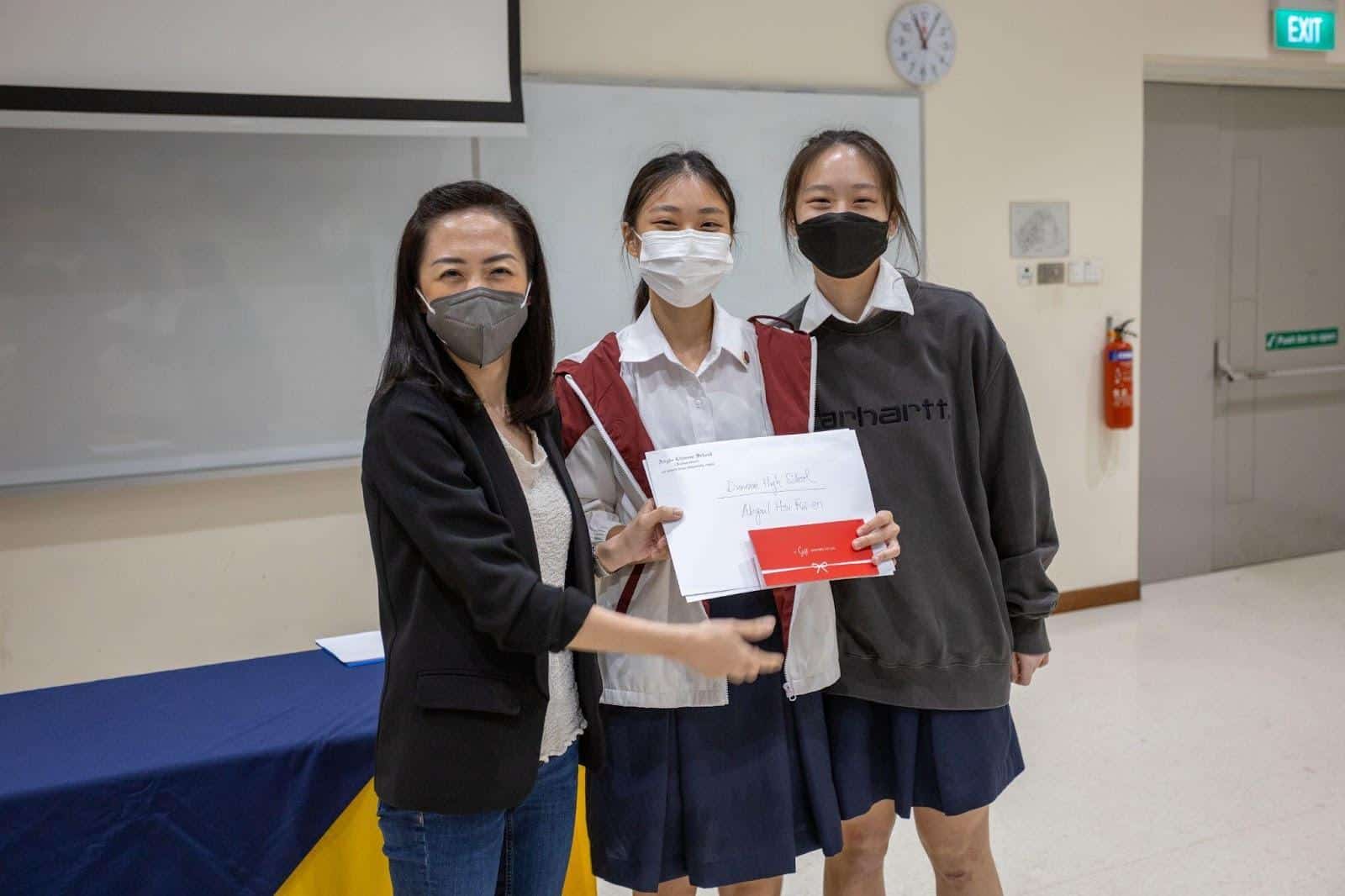Business stands as a pivotal force propelling innovation that reshapes our ways of lives. In today’s landscape, business-driven innovations no longer belong solely to seasoned entrepreneurs as many young entrepreneurs step up to the plate, injecting their vigor and creativity in hopes of delivering solutions to the world’s pressing problems. To equip young entrepreneurs with the necessary skills, business competitions serve as a ground for nurturing entrepreneurial seeds, allowing youths to learn how to make business proposals and pitch ideas which could eventually lead to a successful venture.
While the finalists and winners of competitions receive mentorship from industry experts and comprehensively learn to develop feasible business ideas, such learning experiences can be limited for those who do not make it to the final round. An innovative format for business competitions that transcends mere success metrics and instead prioritizes holistic growth is needed to enhance the learning experience of all contestants. By recalibrating the framework, competitions can democratize access to invaluable learning experiences for business students, empowering aspiring entrepreneurs irrespective of their final standing in a business competition. Only through such initiatives can we truly harness the boundless potential of our future business leaders.
Recognizing the need for learning-centric business competitions, Abigail Hsu, an 18-year-old junior college student from Singapore and Champion of the Young Entrepreneurs’ Challenge 2022, worked with four other teammates to organize the Global BizTech Challenge, the first business competition for high school students with focus on students’ learning experiences.

Young Entrepreneurs’ Challenge 2022 award ceremony.
Unlike its predecessors, the student-led business competition enriched students’ learning journey by providing contestants with tailored feedback in every round of competition. This provided participants with a chance to reflect on their proposed ideas, paving ways for students to refine their business ideas and sharpen their entrepreneurial acumen. Such invaluable insight was provided by a panel of esteemed judges with expertise spanning technology consulting, AI-powered healthcare solutions to venture capital (VC), whom Abigail and her team had curated to ensure contestants could learn from diverse perspectives. In addition to expert feedback, participants also learned how to build successful start-ups and secure venture funding through webinars by seasoned industry professionals.

With its innovative approach, the Global BizTech Challenge attracted over 30 teams from 7 countries and provided a platform for over 200 students to learn from business experts. Beyond monetary prizes, students from the winning team also had a chance to be interviewed, and ultimately, work under the guidance of mentors at a leading VC firm in Southeast Asia. Such opportunities help students cultivate their business acumen, resilience, and adaptability through real work experience, preparing them for the professional world. Constituent parts of the Global BizTech Challenge, including personalized feedback for all participating teams, information webinars and internship opportunities, make this competition truly learning-centric.
Albeit the success of the Global BizTech Challenge, Abigail further reflected on possible modifications of future competition format to enhance students’ learning experience and impacts on the business world. She emphasized the significance of keeping the competition “student-led” as she realized that students in the organizing team, who are also in the community of business students joining Global BizTech Challenge, will be able to identify students’ changing needs and adapt accordingly for future competitions. In addition, students could extensively learn organizational and team management skills through hosting the competition themselves. By collaborating with different parties, the organizing team also expands their network in both student and business communities, which could prove beneficial for their long-term career progress.
Looking ahead, Abigail envisions the future Global BizTech Challenge could align itself with pressing issues by setting a main theme for future competitions such as sustainability-driven business ideas and AI integration in business operation, in order to expose students to the latest technological trends while addressing urgent societal concerns. By evolving to encompass such themes, the competition can amplify its impact, fostering not just entrepreneurial acumen but also a sense of responsibility towards our world.
Published by: Aly Cinco



















